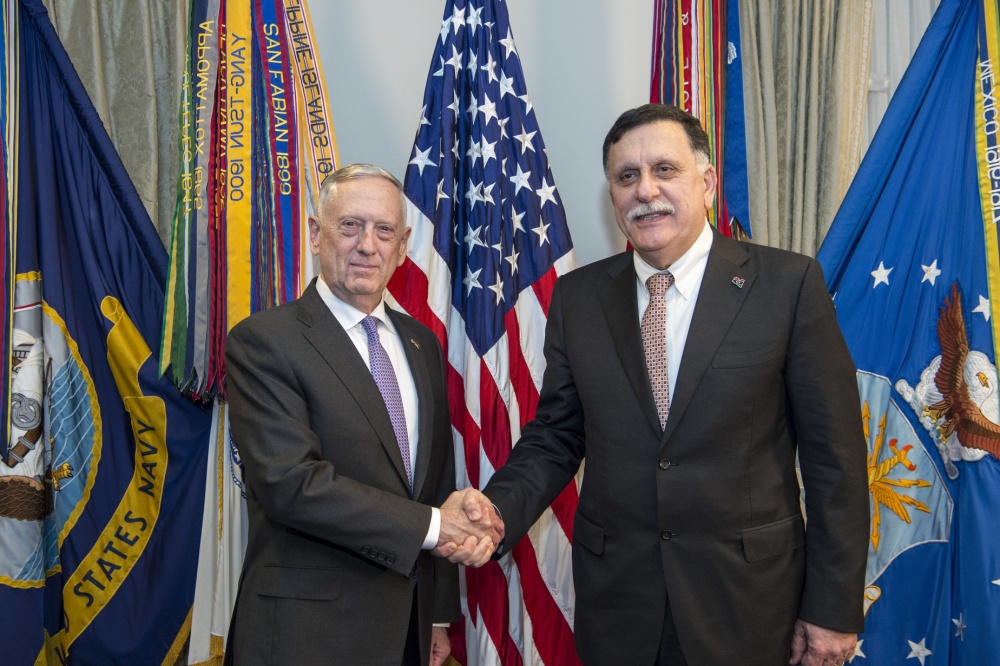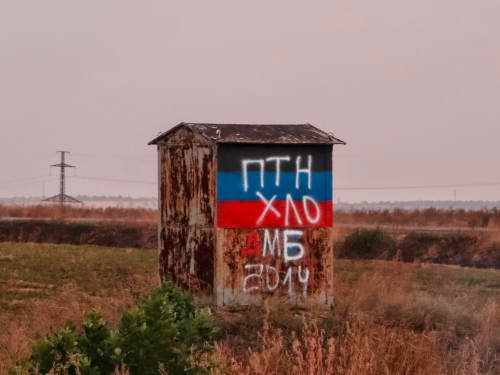 Image courtesy of Tech. Sgt. Brigitte Brantley/DVIDS.
Image courtesy of Tech. Sgt. Brigitte Brantley/DVIDS.
The US has maintained a relatively passive approach to Libya under President Donald Trump, whose administration largely left the Libyan dossier to Egypt, several Arab Gulf states, Turkey, Europeans, and Russia. In 2021, however, America’s new leadership will probably try to assert US influence in the war-torn country more actively.[i] President-elect Joe Biden and those in his inner circle have vowed to push back against Moscow in various ways, which means Libya could be a growing point of contention between the incoming US administration and Russia. In any event, the Libyan crisis offers Biden an opportunity to demonstrate to Washington’s traditional Western allies that his administration is determined to reassert US leadership in the world and stand against President Vladimir Putin’s designs for Libya and, by extension, in the Middle East and Africa too. It is unclear, however, whether Biden’s plans for countering Moscow’s hand in Libya will be more rhetorical or strategic, and how far his administration would be ready to escalate US-Russia tensions in relation to Libya.




